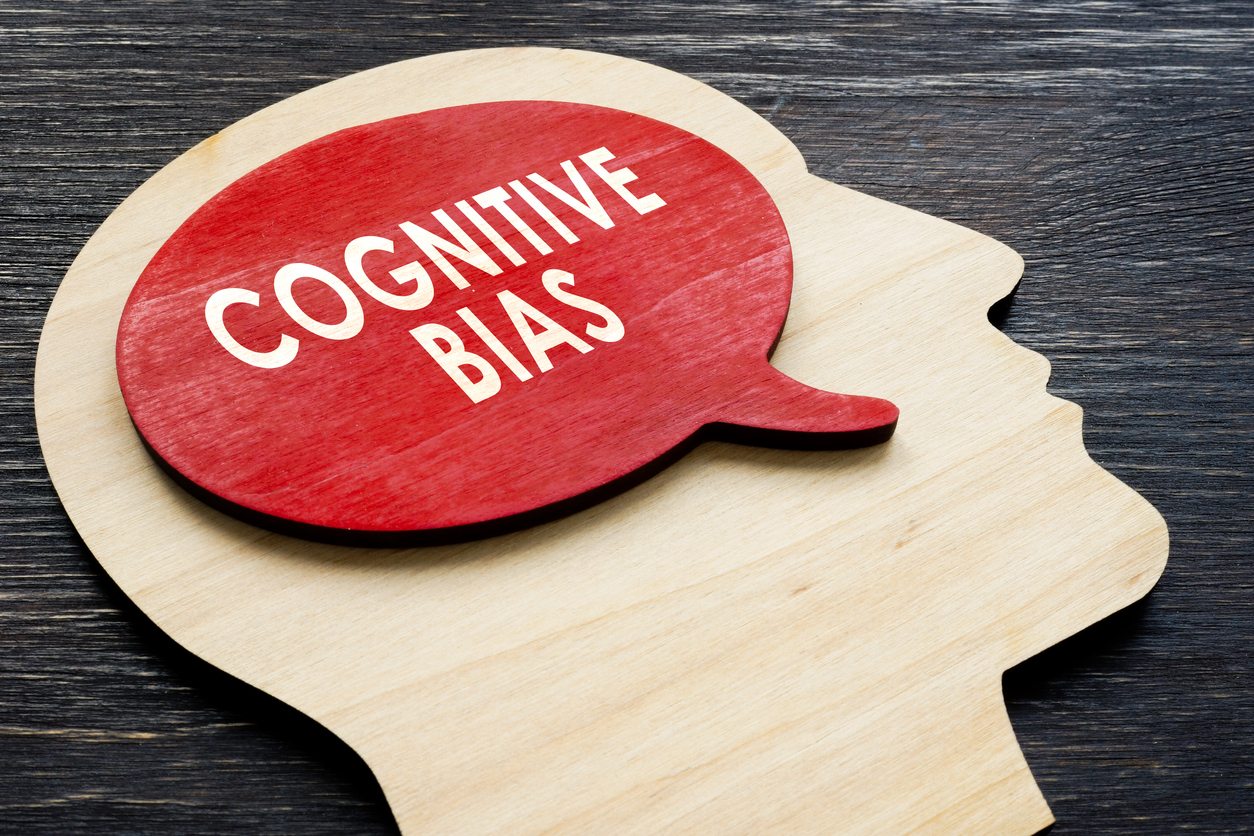Have you ever worked with someone who was out to get you?
Not explicitly, but you knew it! Or, have you ever been to a restaurant, and ordered ‘the special’ that the waitress just explained, even though it may not be your favourite?
Congratulations… you’re suffering from cognitive biases.
A cognitive what now?
Author, Annie McCubbin, refers to them as brain bugs.
Personally, this freaks me out, but in essence, they are an unwelcome influence on your belief system and thinking processes; more often than not causing errors in your decision-making.
Where do they come from?
Despite causing us to make questionable decisions, cognitive bugs biases are well-intentioned little critters.
They are the brain’s solution to the internal and external obstacles humans face when making decisions. For example, in our everyday life, we may be:
– limited by the amount of time we have to make decisions,
– crippled by the amount of information we have (too much), and
– limited by the quality of information.
Likewise, aside from the external obstacles imposed on our decision-making abilities, we also suffer internal constraints like:
– our brain’s capacity to process copious amounts of information, or
– our brain’s capacity to understand complex information.
Biases have developed in our subconscious (i.e., we are not aware of them operating) to help us make decisions despite these obstacles. They ‘help’ us:
– jump the gun to make quick decisions, often influenced and driven by emotions rather than logical argument,
– discern the important information from the noise, even when we don’t know whether the noise is actually important information, and
– fill in the gaps with our assumptions… assumptions which are likely to be based on erroneous underlying beliefs.
This means biases are more skewed towards causing harm than helping…
What are they not?
Cognitive biases are not a universal get-out-of-jail card for bad decisions.
At the end of the day, we are all responsible for understanding why we do what we do, and trying to improve our own future outcomes. As humans, we do possess the ability to minimize the influence of biases on our thinking by engaging our conscious brains and thinking about our decisions analytically.
I am not suggesting you analyse every decision to the nth degree, but knowing when you can afford to be influenced by a cognitive bias, and when you can not, is important. Next time you’re faced with a decision, try asking these two questions to determine whether to take your time and analyse a situation, versus, make a snap decision:
1. What is at stake? E.g., am I hiring a new gardener or a new babysitter, because I can take a risk my plants might die, but my kids… not so much!
2. Is the decision reversible? E.g., introducing a new service offering to a market may be retracted with minimal negative side effects, if it turns out it was a mistake. Experimenting with a new haircut (or a new hairdresser) a day before your wedding is not as reversible!
Mirta is a Director of ViAGO Limited, a behavioral science enthusiast, and a mum to three boisterous boys.
